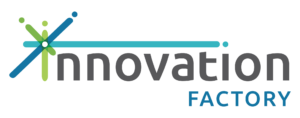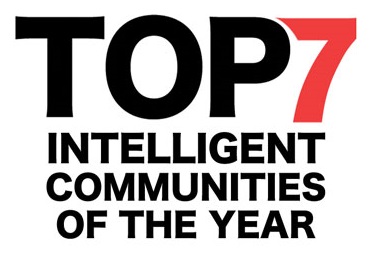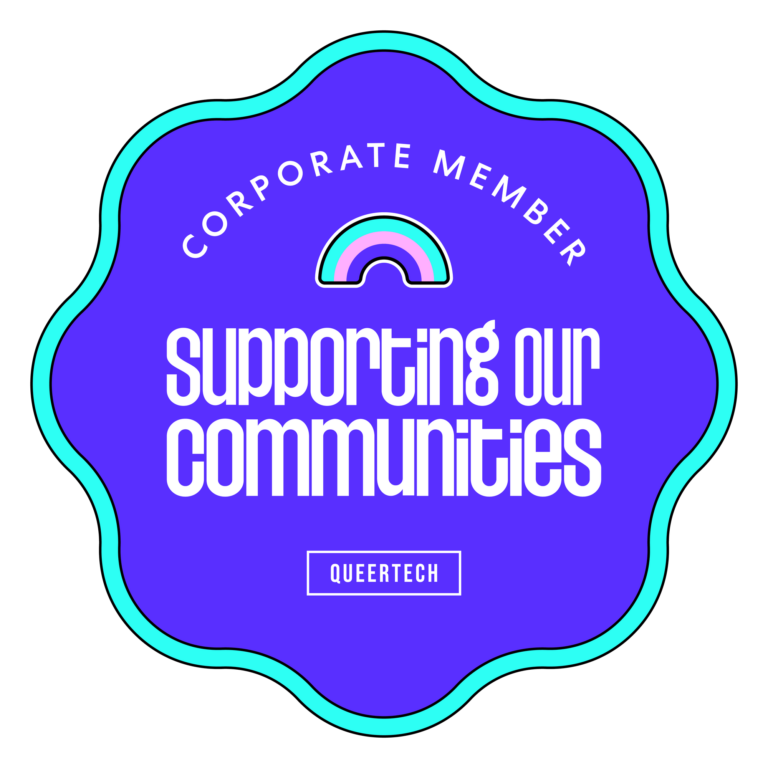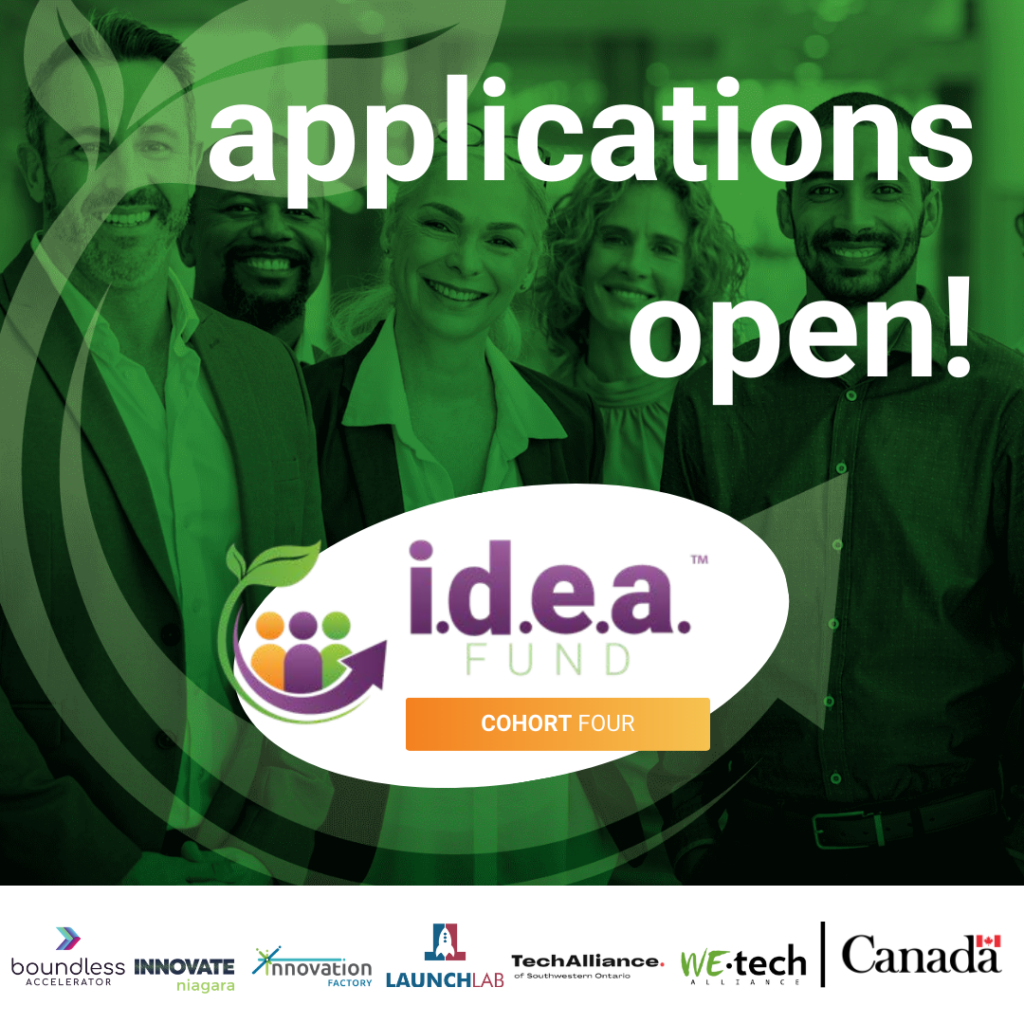Hamilton named Global Top7 Intelligent Community
This article originally appeared on intelligentcommunity.com by Matthew Owen. Read the original post here.
Small and Midsized Communities from Four Nations Become Finalists to be named Intelligent Community of the Year at ICF Global Summit in Dublin, Ohio, USA in June
(New York, USA and Taoyuan, Taiwan – 10 February, 2020) – In an announcement this evening at an international conference at Taoyuan, Taiwan, the Intelligent Community Forum (ICF) named the Top7 Intelligent Communities of 2020. The 18th annual Top7 list includes cities and counties from the United States, Canada, Australia and Estonia. One of these seven finalists in the think tank’s annual awards program will be named the Intelligent Community of the Year at the ICF Summit in June in Dublin, Ohio, USA on June 18th. (www.icfsummit.com)

In alphabetical order, the Top7 Intelligent Communities of 2020 are:
- Adelaide, South Australia, Australia
- Hamilton, Ontario, Canada
- Hudson, Ohio, USA
- Markham, Ontario, Canada
- Sunshine Coast, Queensland, Australia
- Tallinn, Estonia
- Westerville, Ohio, USA
Five of this year’s Top7 Intelligent Communities have appeared on the Top7 list in previous years: this is Tallinn’s sixth appearance on the list, and the second such appearance for Hamilton, Hudson, Sunshine Coast and Westerville. Adelaide and Markham are making their first appearance as Top7 Communities.
ICF co-founder John G. Jung and Director of Operations Matthew Owen were on hand in Taoyuan where, following a day-long conference that gathered Intelligent Communities from around the world, they made the announcement before a live audience. It is of note that Taoyuan is the 2019 Intelligent Community of the Year, and one of these Top7 will succeed Taoyuan as the 2020 Intelligent Community of the Year, to be named in June.
The day-long conference which gathered cities and communities from around the world was opened by President Tsai Ing-wen, the first woman elected president of Taiwan. Madame Tsai welcomed the ICF, the Smart21 communities in attendance and again congratulated Taoyuan and its mayor for its achievement in 2019.
“It was an honor to have President Tsai Ing-wen welcome us to Taiwan for our Top7 announcement,” said ICF Chairman and co-founder John G. Jung. “There may be no more appropriate place than Taoyuan, Taiwan – last year’s Intelligent Community of the Year – for us announce the Top7 Intelligent Communities of 2020. We look forward to continuing to work with Taoyuan in the future, as it can stand as an example and mentor to other aspiring intelligent communities in Taiwan and around the world.”
In addition to the live announcement in Taoyuan, ICF simultaneously has released a video on its official YouTube channel announcing the group.
You can watch video above. A high-resolution version of the video is available for media outlets by emailing [email protected].
“A trend of small and midsize cities evolving into successful Intelligent Communities continues,” said ICF co-founder Louis Zacharilla. “These places are not only achieving as separate communities, they are pushing their nations toward new ideas, economic growth and sustainability. What we are seeing is the realization of what Taiwan’s national leaders and the state of Ohio are attempting: to create: “Intelligent nations, states and regions. It’s a very exciting time for these smaller cities because they are proving size matters less than adapting.”
The ICF Top7 Intelligent Communities of 2020 will be featured throughout the ICF Global Summit in Dublin, Ohio, USA on June 16th-18th. Representatives from the Top7 will take part in the program’s features – including Economic Development Matchmaking sessions and special Top7 Conversations – and will be the focus on the evening of June 17th at a reception in their honor. On the 18th, one will be named the 2020 Intelligent Community of the Year at an Awards Dinner at the prestigious Ohio Statehouse in Columbus. For more information and to register for the ICF Summit, visit http://www.icfsummit.com/
Following are snapshots of this year’s 2020 Top7 Intelligent Communities. Complete profiles and data can be found online on ICF’s Website.
Adelaide, South Australia, Australia: The capital of the state of South Australia, Adelaide also enjoys, according to The Economist, the distinction of being among the most livable cities in the world. It is the center of a metro area of 1.3 million that contains 75% of the state’s population. That high livability factor is the result of its comfortable Mediterranean climate and coastal location, a legacy of planning that dates back to its founding in the 19th Century, and a diverse and well-educated population, of which 30% come from overseas and more than 34,000 are international students. The community is home to the University of Adelaide, University of South Australia, Flinders University and campuses of Carnegie Mellon and University College London. The educational connection has given birth to multiple research and development parks, including the Waite Research Precinct, Technology Park, Science Park and the Research Park at Thebarton. Read more
Hamilton, Ontario, Canada: The Golden Horseshoe is the region that bends around the westernmost end of Lake Ontario in Canada. At the center of the horseshoe’s curve is Hamilton, a city of 520,000 known for industry, education and cultural diversity, having the third-largest foreign-born population in Canada. Hamilton was once known as the Steel Capital of Canada, producing 60% of the nation’s steel. Being an industrial city in the broadband economy, however, has its challenges. Its biggest steel producer nearly went bankrupt before returning to profitability in 2004 – but with a much smaller, higher-skilled workforce. Hamilton’s economic development effort now focuses on playing to its 21st Century strengths. In 2014, it established HCE Telecom as a wholly-owned subsidiary of the city. Since its start in 2015, HCE has deployed a 10-gigabit fiber network to serve city facilities, business, universities and hospitals. City leaders also came to recognize the high potential of the city’s universities, colleges and public schools. These institutions have formed a collaborative initiative called Education City to brand Hamilton as a destination for academic success. One of them, McMaster University, has developed McMaster Innovation Park, a 55-acre innovation and research park that is home to the Innovation Factory, a regional innovation center, and the Forge, an incubator-accelerator that drives entrepreneurship among students and faculty. Read more
Hudson, Ohio, USA: The 22,000 people of Hudson live in a green stretch of the state of Ohio midway between the cities of Cleveland and Akron. Despite the major industrial disruptions of the last 40 years, the region is relatively prosperous. Its economy rests on a mix of manufacturing (polymers, automotive, fabricated metals, electrical and electronic parts and aerospace) and services (transportation, health, insurance, banking, finance and retail). Its population is highly educated, with 68% of residents over age 25 holding a bachelor’s degree or higher, and relatively young, with a median age of 39. Median household income is in the six figures. Its downtown district is on the National Register of Historic Places. But like Intelligent Communities everywhere, it is a place in transition from one economy to the next. Hudson seeks to secure its future at a time when smaller communities without a distinct competitive advantage are seeing their human, economic and cultural assets drained away by bigger places. Read more
Markham, Ontario, Canada: Markham is a metro area of 212 sq km approximately 30km northeast of Toronto. It has a population of over 350,000, making it one of the largest municipalities in Canada. Markham has a bustling tech sector, home to hundreds of corporate head offices and over 1,000 high tech and life science companies. Markham is a leader in digital initiatives, from community support and digital training, to partnerships with high tech industry to next-generation upgrades to municipal services. Markham’s role as a digital pioneer has had great results for their community and Markham has shared wisdom gained from these steps with other Canadian municipalities at several national municipal conferences and forums. Read more
Sunshine Coast, Queensland, Australia: The Sunshine Coast is a metropolitan area that spreads across 2,291 square kilometers of Australia’s coastline about 100 kilometers north of Brisbane. A sub-tropical paradise of beautiful beaches and scenic mountains, the Coast has experienced boom times and almost doubled its population since the 1980s from tourism and retirement relocation, which drove the growth of construction and retailing. But the ebbing of the commodities boom that fueled Australia’s economy has revealed the fragility of the local economy. Sunshine Coast Council worked with leading business, industry and the Queensland Government to develop the Regional Economic Development Strategy 2013-2033 which provides a 20-year vision and blueprint for sustainable economic growth to transition its economy from the challenging times experienced as a result of volatile global financial conditions to a new and more diverse, adaptable, robust and vibrant economy. And yet, the future looks bright on the Sunshine Coast. The region has averaged 2.7% annual growth over the last decade, making it one of the fastest growing areas in Australia and is independently ranked as the second strongest performing economy in the state of Queensland. Read more
Tallinn, Estonia: Estonia saw a major boom from 2004 to 2007, as loan capital poured in from Scandinavian countries. The country’s rise from Soviet occupation, beginning in 1991, had been miraculous, but the wave of investment was more than the market could usefully absorb. When the financial crisis came, it hit Estonia and its principal city of Tallinn very hard. Several thousand companies went bankrupt and layoffs, particularly of the low-skilled, rose into the tens of thousands. Yet beneath the froth, Tallinn has put into place the foundations of ICT-based growth that is generating a strong comeback. Tallinn’s first wave of IT industry growth was driven by national government spending on an amazing range of e-government applications. Its return to growth has a more sustainable basis in education and entrepreneurship. With 23 universities and technical schools, Tallinn has the resources for a knowledge workforce; it has focused now on expanding access and filling demand for ICT and digital content skills. Read more
Westerville, Ohio, USA: Westerville is a northeastern suburb of Columbus, capital of the state of Ohio, and home to nearly 40,000 people. It takes its name from the Dutch family that founded it in the 1800s. It was a small place that eventually became known as the “Dry Capital of the World,” based on an 1859 law that forbid the sale of alcohol in the city and the decision of the Anti-Saloon League – which played a leading role in Prohibition – to move its national headquarters there in 1909. It was only in the 1990s, when Westerville annexed land that included alcohol-selling businesses, that local prohibition began to change. Since then, Westerville has made a career of embracing change. In 2007, the city began planning expansion of an existing government fiber network to support smart-grid applications. (Like many smaller US cities, it owns its own electric utility.) The planning process revealed a lack of affordable choices for broadband and data center services. That ultimately led City Council to found WeConnect: an underground fiber network connected to a community-owned data center and delivering 100 Gbps connectivity to municipal service providers, businesses, schools, the local university and research institutes. Read more
More about the ICF Intelligent Community Awards Program
Before being selected as a Top7 Intelligent Community, these communities were among those named to ICF’s list of the Smart21 Communities of the Year. The Smart21 were named in October 2019 at a conference in Rochester, New York, USA.
Candidates are evaluated based on seven criteria that make up the ICF Method, which provides a framework for understanding all of the factors that determine a community’s competitiveness and point to its success in the digital economy.
The Intelligent Community Forum Awards Program concludes in Dublin, Ohio, USA on June 18 during the Intelligent Community Forum’s Global Summit conference, when one of the Top7 Intelligent Communities succeeds Taoyuan, Taiwan as the new Intelligent Community of the Year. The announcement will be made live at a dinner at the Ohio Statehouse for delegations from intelligent communities around the world and international media. For more information or to register for the ICF Summit, click here: http://www.icfsummit.com/
About the Intelligent Community Forum
The Intelligent Community Forum (www.intelligentcommunity.org), headquartered in New York, is a global movement of 180 cities, metro regions and counties with a think tank at its heart and a mission to make everyone’s “hometown” at great place. ICF studies and promotes the best practices of the world’s Intelligent Communities as they adapt to the new demands and seize the opportunities presented by information and communications technology (ICT). To help cities and regions build prosperous economies, solve social problems and enrich local cultures, the Intelligent Community Forum conducts research, hosts events around the globe, publishes books, and produces its high-profile annual international awards program. The Forum sponsors research Institutes in North America dedicated to the study of the movement, and national organizations in Canada and Taiwan, both home to many Intelligent Communities. In 2012 ICF was invited to participate at the Nobel Peace Prize conference in Oslo and in 2014, its model and work was recognized by the U.S. Department of Commerce under the Workforce Innovation and Opportunity Act, which, according to the American government, was “aimed at creating a more flexible and responsive system of workforce development to meet the needs of employers looking to fill 21st century jobs.” The Forum’s membership is made up of 180 designated Intelligent Communities worldwide. For more information, go to www.intelligentcommunity.org/icf_membership. For more details on the Intelligent Community Forum’s recent publications and programs, www.intelligentcommunity.org.
Intelligent Community Forum Contacts
Matthew Owen
Director of Operations
Intelligent Community Forum
Phone: +1 646-291-6166 (x105)
Email: [email protected]
Twitter: @Newcommunities
Victoria Krisman
Communications Manager
Intelligent Community Forum
Email: [email protected]
